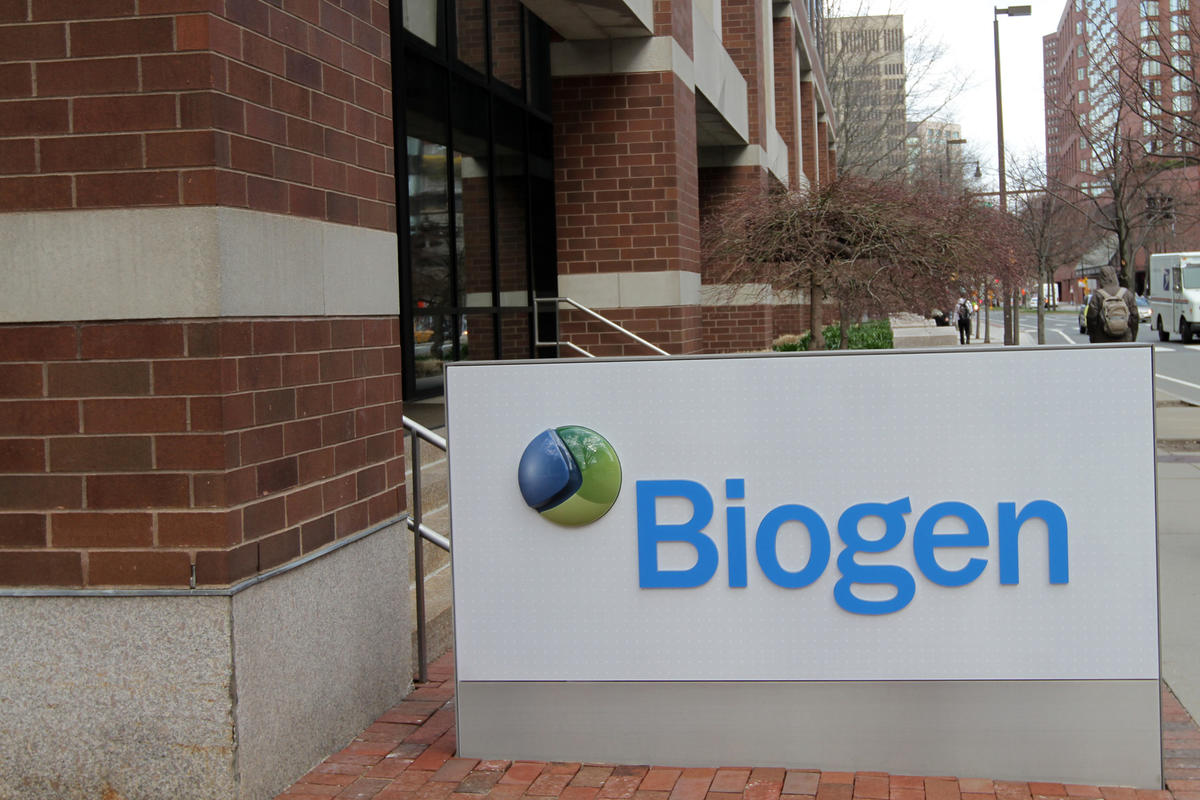
Biogen has bought the rights to phase 3 drug candidate Cirara, which targets a severe form of ischemic stroke called large hemispheric infarction (LHI).
The company will pay $120 million to Remedy Pharmaceuticals, the original developer of the drug.
“Building on our leading position in multiple sclerosis, spinal muscular atrophy, and Alzheimer’s disease research, we see a compelling opportunity in stroke where we can leverage our core expertise in neuroscience to make a major difference in patient care. Cirara represents a potential breakthrough stroke treatment that accelerates our efforts to build a portfolio of new therapies for neurologic diseases,” said Biogen’s Michael Ehlers, M.D., Ph.D., Executive Vice President, Research and Development, in a statement.
LHI causes brain swelling, which can often lead to a disproportionately large share of stroke-related morbidity and mortality, according to the official announcement.
Results from pre-clinical studies indicated Cirara could block the SUR1-TRPM4 channels that brain swelling related stroke. Findings from clinical proof-of-concept studies demonstrated the drug‘s potential in reducing brain swelling, disability, and the risk of death from this condition.
Biogen’s goal is to advance the commercialization and development of Cirara with Remedy sharing in the cost of development for the target indication for Cirara in this type of stroke. Remedy will also be eligible for additional milestone payments and royalties as the drug progresses through the program.
Furthermore, Biogen is conducting a Phase 2b study of its multiple sclerosis drug, natalizumab (Tysabri), a monoclonal antibody.
Investigators are testing the drug’s ability to help patients with acute ischemic stroke improve functional outcomes through methods like limiting brain inflammation in the post-stroke period. No deadline was given, but successful results could mean Tysabri and Cirara could give Biogen effective therapies that could treat two different stroke patient populations.
Approximately 1.7 million strokes occur each year across the U.S., Europe, and Japan with about 15 percent of these incidents being LHI strokes.
Filed Under: Drug Discovery




